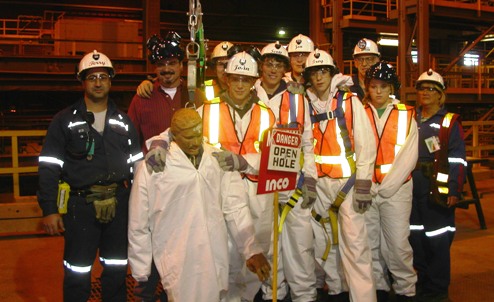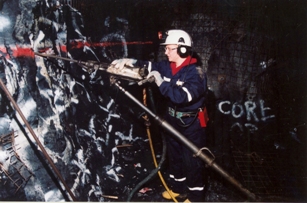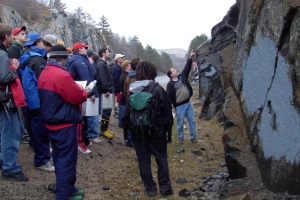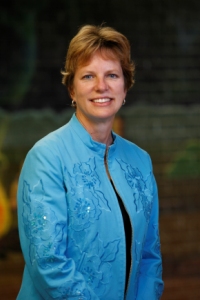Paul Stothart is vice president, economic affairs of the Mining Association of Canada. He is responsible for advancing the industry’s interests regarding federal tax, trade, investment, transport and energy issues.
During the past five years of strong growth in mineral prices, the mineral exploration community in Canada has been facing an increasingly difficult challenge — namely, how to find resources in promising northern regions where underlying mineral data is either weak or non-existent.
The federal government has been under-investing in its geological mapping responsibilities for some 20 years, with annual spending declining from $98 million in 1988 to $50 million in 2007. This decline has been equally dramatic at the provincial and territorial government levels. One interesting consequence of this neglect is that some 73 per cent of Nunavut, for example, is unmapped or poorly mapped and, at present investment levels, the first full mapping of the territory would not be finished for 80 years.
Given such a weak foundation of data, private companies are less able to undertake effective exploration programs. While exploring for minerals is, to some extent, akin to “searching for a needle in a haystack,” it is the public policy investment in basic geological survey work that allows those accessing the data to at least find where the haystacks are. In view of the high level of interest in diamonds, uranium, base metals and other northern resources, one must question the public good served by this pattern.
Questions of national sovereignty in the North are also raised by this under-investment.

























 In 2008, for the first time in human history, more than half of the global population will be living in cities. The planet is undergoing the largest wave of urban growth ever, spearheaded by the massive migration of Chinese farmers to their cities.
In 2008, for the first time in human history, more than half of the global population will be living in cities. The planet is undergoing the largest wave of urban growth ever, spearheaded by the massive migration of Chinese farmers to their cities. Imagine yourself in Grade 12 again. What do you remember? Did part of your schooling include visiting an underground mine and witnessing the various career opportunities available there? Do you remember receiving certification awareness training at a local employer, alongside other workers in the plant? Upon graduation, were you able to say that you had the skills and knowledge to pursue your postsecondary destination of choice, had spent time shadowing the types of jobs you were interested in, and had acquired a number of certifications that made you more appealing to employers?
Imagine yourself in Grade 12 again. What do you remember? Did part of your schooling include visiting an underground mine and witnessing the various career opportunities available there? Do you remember receiving certification awareness training at a local employer, alongside other workers in the plant? Upon graduation, were you able to say that you had the skills and knowledge to pursue your postsecondary destination of choice, had spent time shadowing the types of jobs you were interested in, and had acquired a number of certifications that made you more appealing to employers? According to a comprehensive study by the Mining Industry Training and Adjustment Council (MITAC), the Canadian mining industry needs to fill 81,000 high-paying, highly skilled new positions in the next 10 years.
According to a comprehensive study by the Mining Industry Training and Adjustment Council (MITAC), the Canadian mining industry needs to fill 81,000 high-paying, highly skilled new positions in the next 10 years.  The Mining Industry Human Resources Council (MiHR), is undertaking a National Occupational Standards Project which will provide detailed essential skills profiles, core competencies and occupational standards for workers in underground mining, surface mining, and minerals processing.
The Mining Industry Human Resources Council (MiHR), is undertaking a National Occupational Standards Project which will provide detailed essential skills profiles, core competencies and occupational standards for workers in underground mining, surface mining, and minerals processing.  The Canadian mining industry is growing, mainly due to the expansion of the global economy. This global expansion, however, is placing increased pressure on mining companies to recruit workers from around the world.
The Canadian mining industry is growing, mainly due to the expansion of the global economy. This global expansion, however, is placing increased pressure on mining companies to recruit workers from around the world.  Sylvia Barnard is President of Cambrian College which is located in Sudbury, Canada. The college has an enrolment of over 4,400 full-time students and approximately 8,000 part-time personal, professional and human resources development courses and seminars.
Sylvia Barnard is President of Cambrian College which is located in Sudbury, Canada. The college has an enrolment of over 4,400 full-time students and approximately 8,000 part-time personal, professional and human resources development courses and seminars.